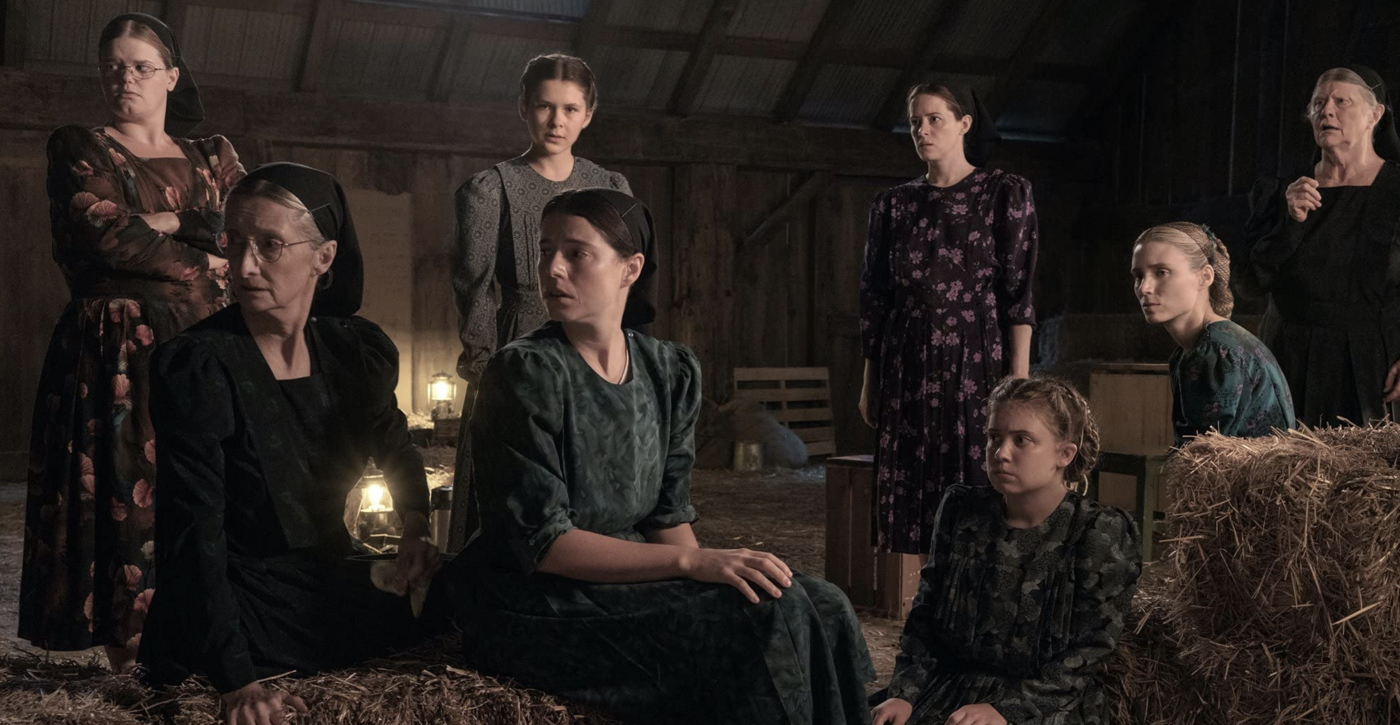I find it wise and human to believe, on slight evidence, opinions the contrary of which cannot be proved, and which promote our happiness without hampering our intellect.
—James Taylor Coleridge
For me, there is no old man in the sky directing things. God is simply a metaphor and personalization of—to quote an acquaintance of mine—"the concepts of good and evil . . . each one of us is born with."
Why are we born with that perception? Partly, I suppose, because evolution has made that perception a recipe for evolutionary success. Some sociologists (and other pundits) would agree. People, it seems to me, are not born with the capability to choose on purely rational grounds the behavior patterns that are necessary for the species’ survival, because those patterns fly in the face of the individuals’ selfish aims. Therefore (as I hope Charles Darwin has said somewhere) successful societies have had to produce altruistic individuals.
Because of people’s capability to reason (and the concurrent desire to explain everything) we have developed the notion of good and evil because it is necessary for the species’ survival. Since it is not likely that people would behave well purely out of recognition that altruism is necessary for the species’ survival, we have invented the concept of God. Of course you remember Edmund in King Lear, who proclaims, "Thou Nature art my goddess." This concept permits him to commit the most outrageous crimes. Edmund would repudiate Coleridge’s admonition, and religionists repudiate it too, on the ground that it does not require a belief in God or divine powers.
Coleridge’s statement has had a great influence on me. It substantiates, in my opinion, the concept that it is more important to seek what is good than what is true. This instrumental approach to deciding how to act leads me to the conclusion that we should base our behavior on concepts that lead to what we conceive of as "good," at the expense, if necessary, of what we believe is true. This is a wordy way of saying (and enlarging on) what Coleridge says in the above quotation.
I think this is a hard belief to practice successfully. Unfortunately, it provides in practice the justification for behavior that—in the opinion of others (often many others)—is bad. I don’t know my way out of this, except to say that Quakerism appeals to me because it provides a means through its mode of worship for the individual to decide, through meditation, what is right behavior, a metaphor for which is "the will of God."


